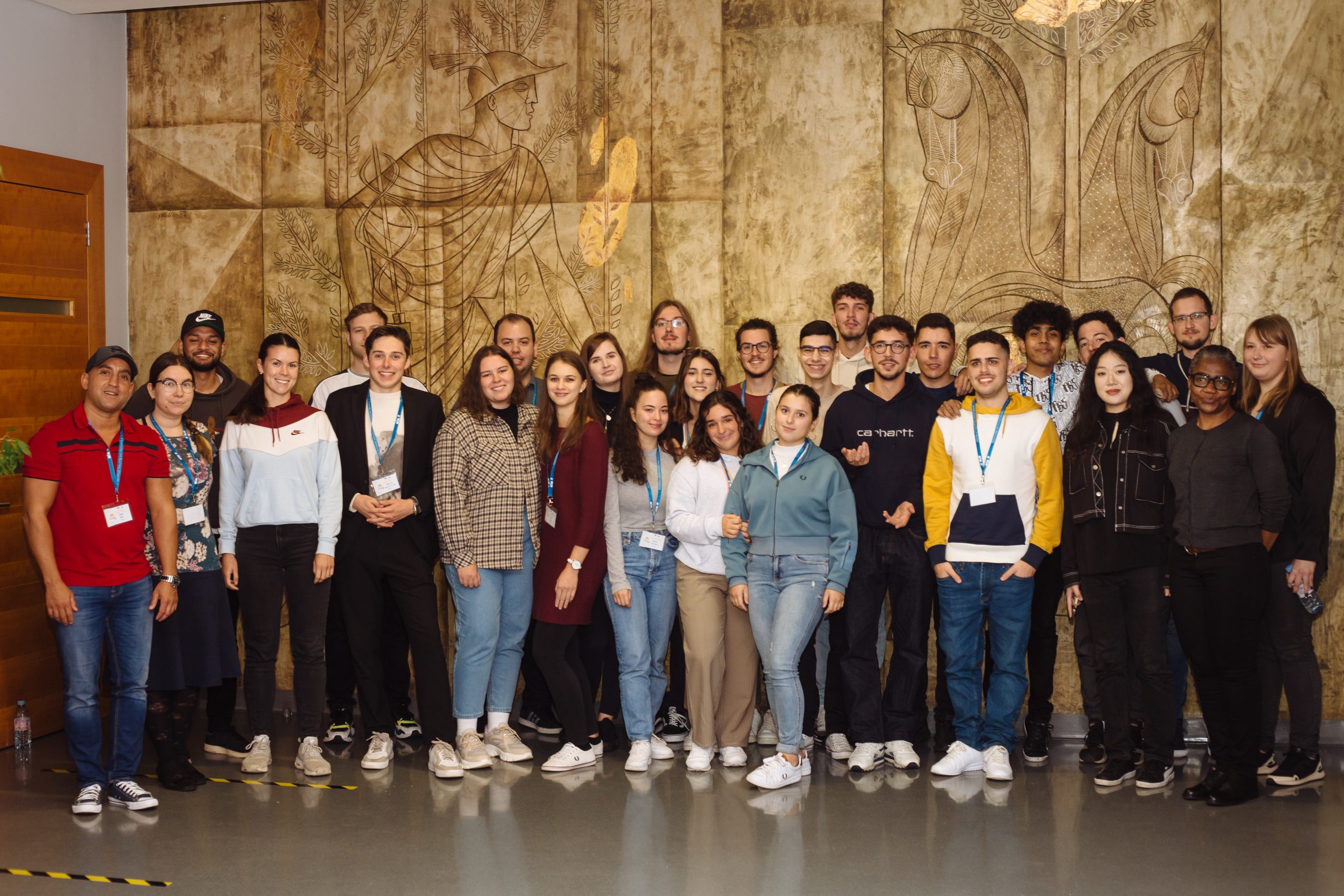SUMMER SCHOOLS
Sustainability in International Business Summer School 2022

The summer school was organised as a Blended Intensive programme (BIP) with a physical and a virtual part.
At the preliminary virtual meeting of the international summer school students received key information about Slovenia, the University of Maribor, the Faculty of Economics and Business, and about the content and implementation aspects of the international summer school. After presentation of the concepts of sustainability and social responsibility and their possible areas of implementation in international business, students participated in an online learning workshop. The Head of the International Summer School, Assist. Prof. Dr. Romana Korez Vide, first of all presented to the students the expected team of students at the Summer School in terms of numbers and representation by country. She highlighted the great interest in the topic of the summer school among students from foreign universities, as more than 180 students showed interest in the initial phase of applications. Dr. Korez Vide continued with a presentation of the key geographical, economic and social characteristics of Slovenia. This was followed by a presentation of sustainable entrepreneurship based on the triple-bottom-line model. Dr. Korez Vide gave examples of good practices in entrepreneurship for each of the three areas – economy, society and natural environment.
The key objective of the International Summer School was to raise students’ awareness of the concept of sustainability in international business as an indispensable orientation in companies’ business models with the aim of building long-term sustainable and resilient socio-economic environments of countries and higher global competitiveness of companies. Activities included learning about good practices of implementing sustainability in international business, with a focus on international value chains (global sourcing, logistics, manufacturing, customer relations). The programme of the summer school included lectures by national/foreign lecturers and practitioners, learning workshops with active student work (individual/team work using a variety of innovative learning and teaching methods, including virtual approaches) and a professional excursion to Slovenian companies. Numerous social events were organised outside the official Summer School programme. Key topics of the summer school were the following:
- Challenges of the contemporary international political, economic and social environment
- The concept and meaning of sustainable development
- The concept of sustainable business
- Economic, ecological and social aspects of sustainable business
- Costs and benefits of implementing sustainability in business operations
- Promoting sustainable business through EU mechanisms (European Green Deal actions and EU regulation, Sustainable digitisation of the EU (digitalSME.eu), EU funding for “green transformation”)
- Possible elements of sustainability in the value chain
- Potential elements of sustainability in international marketing
- Potential elements of sustainability in international supply chains
- Digitalisation as a sustainable practice in international business
- Approaches and models to measure sustainable business
- Green transformation as a sustainable practice in international business
- Examples of good sustainable business practices of multinational companies








